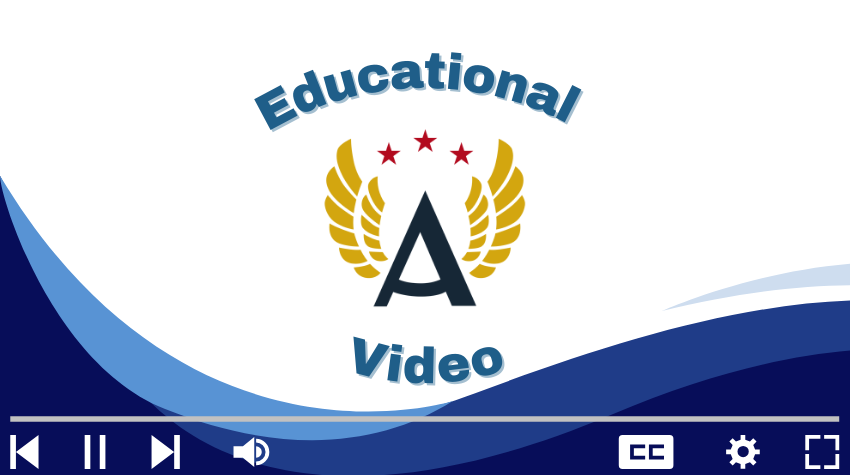Unit 3: Lesson 2
Unit 3 Lesson 2

Lesson 2 Overview
Qué + adjective
In this our second lesson we will read about Florencia and Mariano talking about the things they see at an amusement park. Then use Qué + adjective to describe the different activities you do. (Refer to the prior knowledge lesson if you need to, for adjective agreement)
Florencia: (muttering to herself). Donde está Mariano? Tengo que llamarlo a su teléfono celular.
Mariano is also at the amusement park, with his friend Luciana.
Mariano: (answering phone) Hola, Florencia. Sí, Luciana y yo estamos en el Parque de la Costa. Compramos nuestros boletos.
Florencia: Yo también. Pueden ver la montaña rusa?
Mariano: Sí, pero estamos más cerca de la vuelta al mundo.
Florencia: Ahora veo la vuelta al mundo. Ustedes deben estar cerca.
Mariano: Sí, sí. Veo la montaña rusa, pero no te veo.
Florencia and Mariano both walk backward, looking for each other.
Luciana: Por qué no encontramos a Florencia delante de los autitos chocadores?
As she says this, Mariano and Florencia suddenly bump into each other.
Examples of how Preterite Forms of it and ser are exactly the same.
ir to go / ser to be
fui fuimos
fuiste fuisteis
fue fueron
Use context clues to determine which verb is being used.
Fuimos a la feria. ¡Fue un día divertido!
We went to the fair. It was a fun day!
Like ir and ser, the preterite forms of hacer have no accents.
hice hicimos
hiciste hicisteis
hizo hicieron
¿Qué hiciste ayer? Él hizo la tarea
What did you do yesterday? He did homework
